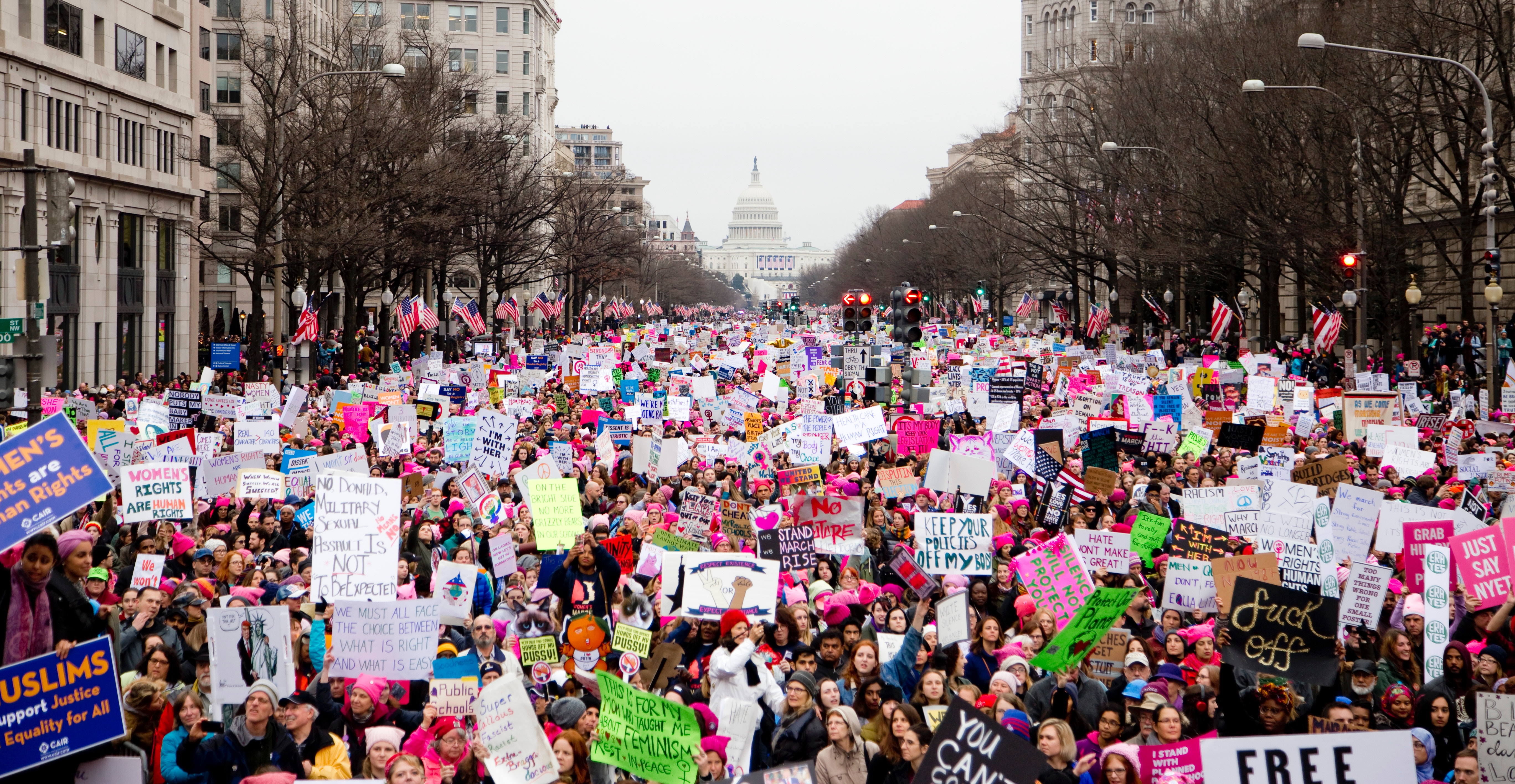Progress: A Series on the Democratic Party in America Part I
February 2019

It’s all in a word — progress, a forward motion that is indicative of change that is lofty in some way, more ethereal in nature, and, of course, redemptive. Progress, progressives, and progressive reform is synonymous with the Democratic party, and for good reason.
In recent history, President Woodrow Wilson, who took office in 1913, based his theories about how to run the country in socialism. The former Governor of New Jersey called his presidential campaign the “New Freedom” which was in contrast and opposition to Roosevelt’s “New Nationalism.” According to research, had it not been for candidate Jennings Bryan support of Wilson as the Democratic nominee after a mob-based Tammany Hall boycott of moderate Democrats which opened the door for Wilson in the first place. Wilson is the early face of the Democratic Party.
According to the Miller Center, a political think tank who claims a nonpartisan affiliation with the University of Virginia, Wilson is one of the America’s greatest Presidents. Wilson’s nickname, “Schoolmaster in Politics,” does not reflect the legacy of the welfare state he so aptly promoted. Wilson’s internationalism opposed the ideas behind nationalism, introducing the idea of global citizenry long before modern political conversations turned the idea of nationalism into a “dark and dirty suggestion” based in self-aggrandizing.
Wilson painted a picture of America ideals as self-centered, egotistical, and archaic. The nationalistic agenda was forced down during his administration, making way for the Democratic Party to be called the party of reform; i.e. progressive.
Your average American hears the word progressive and immediately decides it’s a good thing. We rely on old adages like, “If you’re not progressing, you’re regressing.” “If you’re not first, you’re last.” Even catch phrases like “smarter, better, faster” give us the idea that being progressive is the end all, beat all goal. Wilson understood, or at least his political advisers understood, that public opinion is the way to shape policy, your constituency, the nation, and even the world. Under his leadership, Congress enacted the most cohesive, complete, and elaborate program of federal oversight of the nation’s economy up to that time: banking reform under the auspices of the Federal Reserve System (Revenue Act of 1913 passed his first year in office), tariff reduction, federal regulation of business, support for labor and collective bargaining, and federal aid to education and agriculture. (Woodrow Wilson: Impact and Legacy, Saladin Ambar)
Yet in years since, including those years immediately following Wilson’s last year in office, the country took a financial dive only a few eager millionaires could get us out of. ‘New Freedom’ became Wilson’s domestic agenda. He implemented the income tax, which many reveal the IRS tax code does not mandate, neither does the Constitution. Wilson presided over the Federal Reserve Act which brought us the IRS and a central banking system not based on free, competitive markets. Raising the estate tax to penalize the wealthy and the antitrust laws to limit large corporations called trusts, Wilson’s reforms broadened the scope of government immensely. Woodrow Wilson kept American neutral during World War I. In his second term, he expanded the military and proposed limits on working hours, and a six-day working week and minimum wage. In 1917, Woodrow Wilson led America into World War I stating that Germany wanted “nothing less than war against the government and people of the United States,” even though the Germans had ravaged Europe for years.
In a speech known as the Fourteen Points of Light, Wilson attempted to be the one leader who organized peace in the world, Wilson launched the League of Nations, which would later be replaced by the United Nations.
While the Democratic Party is one of the two major political parties in the United States, and one of the nation’s oldest existing political party being founded in 1828. After the Civil War, the party dominated in the South due to its opposition to civil and political rights for African Americans. After a major shift in the 20th century, today’s Democrats are known for their association with a strong federal government and support for minority and women’s rights, environmental protection and progressive reforms.
Modern progress under the Democratic Party include expanded definitions of marriage to include same-sex marriage, abortion on-demand, weakened international trade, loosened border security, proposed regulations on guns, increased social reparations through welfare and universal healthcare, and a social liberal platform. Some Americans, while giving credit to the Party for electing the nation’s first African-American President, feel the progressive tendencies toward progress under the Democratic platform have weakened the morality of the country. Centrists, part of the New Democratic Coalition, called New Dems, are capitalists Democrats that favor balanced budgets, and moderate agendas. Liberal leaning leftist progressives (of the Congressional Progressive Caucus) is a faction of the party itself, the faction that makes the most headlines.
Dixiecrats, southern Democrats, who did not favor the expansion of government under progressive democratic policies, including segregation, left the party temporarily, garnering a large number of black votes in the process. The History Channel states, “Most Dixiecrats returned to the Democratic fold, but the incident marked the beginning of a seismic shift in the party’s demographics. At the same time, many black voters who had remained loyal to the Republican Party since the Civil War began voting Democratic during the Depression, and would continue to do so in greater numbers with the dawn of the civil rights movement.” We live in a world where Dixiecrats and African American voters share a party of progress. Progress toward what?
comments powered by Disqus
